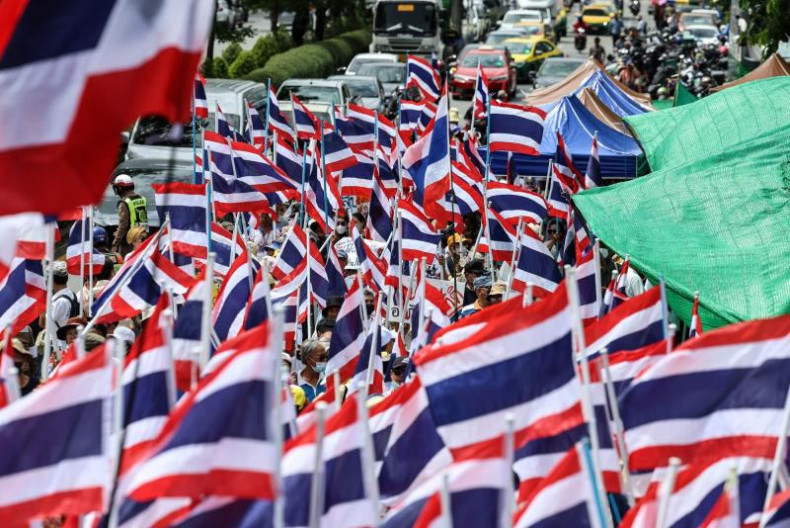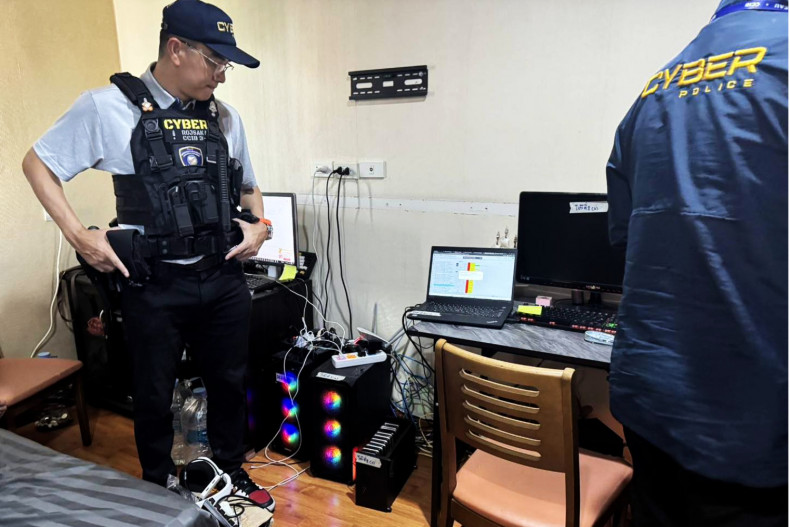Leaked Call Triggers Backlash
Thailand’s Prime Minister Paetongtarn Shinawatra, the nation’s youngest leader at 38, is struggling to maintain her grip on power less than a year after taking office, as reported on June 21, 2025. A leaked June 15, 2025, phone call with former Cambodian leader Hun Sen, in which she criticized a Thai military commander, cost her the Bhumjaithai Party’s support, leaving her Pheu Thai-led coalition with a fragile parliamentary majority.
Resignation as a Strategic Exit
New PM Vote Looms
Paetongtarn could opt to resign to defuse escalating tensions, allowing Pheu Thai or an ally to nominate a successor without triggering an election. A resignation would prompt a vote in the 495-member House of Representatives, requiring majority support for a new prime minister from a pre-2023 election list. Potential candidates include Pheu Thai’s Chaikasem Nitisiri, Bhumjaithai’s Anutin Charnvirakul, or United Thai Nation’s Pirapan Salirathavibhaga, with Paetongtarn’s Cabinet acting as caretakers until then.
Snap Election Gains Traction
Opposition Pushes for Reset
The opposition People’s Party, led by Natthaphong Ruengpanyawut, is advocating for a House dissolution and early election, arguing it could avert further instability or a military coup. A snap election, if endorsed by royal decree, must occur within 45–60 days, but coalition negotiations could delay government formation for months. Pheu Thai may resist this path, wary of public backlash over the leaked call and its impact on voter sentiment.
Military Coup Fears Resurface
Army’s Rising Influence
Despite army chief Gen Pana Klaewplodthuk’s assurances of upholding democracy, Thailand’s history of 12 coups since 1932 fuels concerns of military intervention. The army’s 86% public approval rating for handling Thai-Cambodian border tensions, compared to the government’s 31%, strengthens its position. Rising protests, including planned Bangkok rallies, could provide a pretext for the military to seize power, echoing coups that ousted Paetongtarn’s father, Thaksin, and aunt, Yingluck.
Holding On Amid Uncertainty
Coalition’s Fragile Majority
Paetongtarn’s immediate strategy is to preserve her coalition, but the loss of United Thai Nation’s support could force her into a minority government. She faces a critical test in July 2025, when Parliament votes on key legislation like casino legalization and the budget. Failure to secure majority support would likely compel her to resign or dissolve the House, deepening Thailand’s political and economic uncertainty.
Economic and Social Fallout
Markets Reel from Instability
Thai financial markets, already shaken by a 23% SET Index drop in 2025, face further volatility as investors brace for prolonged deadlock. Street protests, fueled by nationalist outrage over Paetongtarn’s perceived deference to Cambodia, are set to intensify, with groups like Phuket People for the Nation demanding her exit. Her apology on June 19, 2025, has failed to quell unrest, putting pressure on her to navigate coalition fractures and public distrust.
Thailand’s Path Forward
Balancing Stability and Reform
Paetongtarn’s leadership hinges on rebuilding coalition unity or wooing opposition lawmakers to pass critical bills. A Constitutional Court petition and NACC complaints against her, filed by senators on June 20, 2025, add legal risks. As Thailand grapples with economic woes and border tensions, analysts warn that prolonged instability could erode democratic gains, pushing Paetongtarn toward a decisive move—resignation, election, or risky defiance—to avert a deeper crisis.









